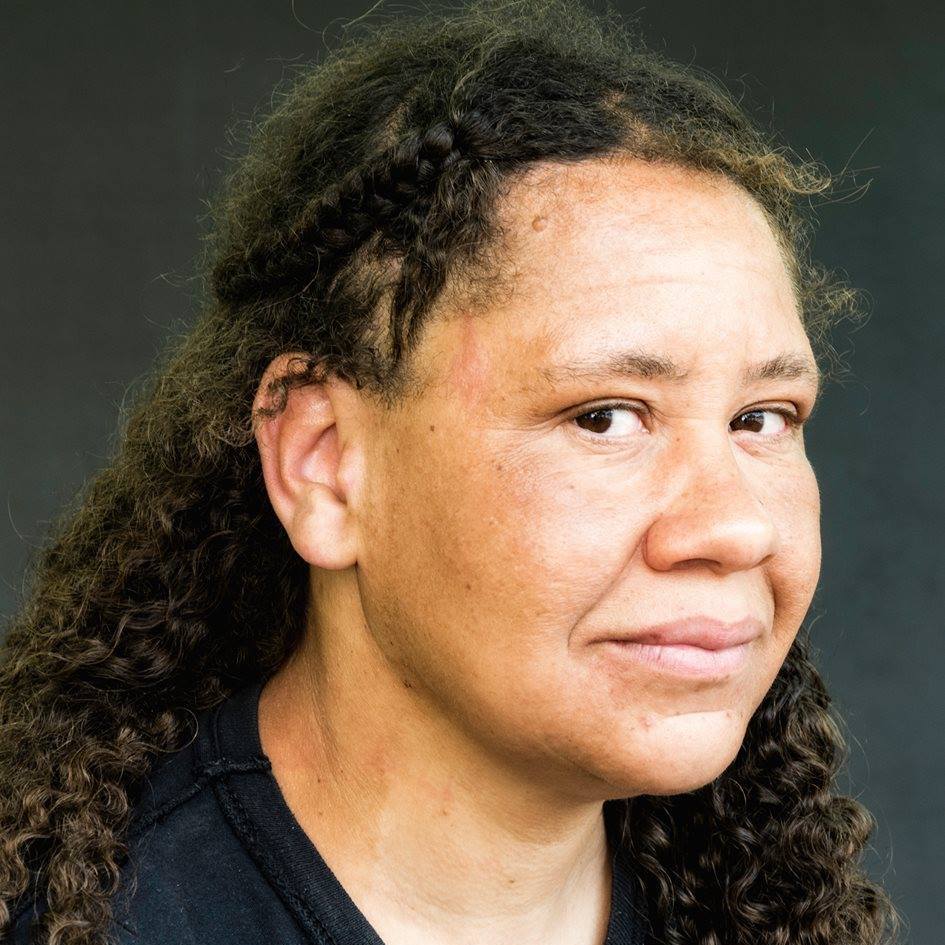This is something which I feel is heavily overlooked, or which people forget. All of us performers, to a greater or lesser extent can be egotists. In some ways we have to be; we go up on stage or in front of the camera, and get up to all manner of things, to be part of that storytelling miracle that is a film or theatre production. This summer, in various productions, I have to be a pagan priestess (twice), a Victorian prostitute, a social media addict who dies in a housefire, and the owner of a horrifyingly haunted doll. You have to have a certain amount of ego to be able to throw yourself into those performances without embarrassment.
But sometimes, I see actors forgetting the powerful need for teamwork. Now in any show I am directing, I am usually working with a wide range of people from beginner performers to established professionals. But directing allows me to watch very interesting dynamics of teamwork. I also feel it important to point out that none of this is exclusive to either beginners or established actors.
When people are performing, I find that they achieve much more powerful character dynamics when they rehearse together, regularly. Sometimes I have heard an actor say "well I know my scenes so I dont need to come to rehearsals". What I often see in those situations where that becomes a habit rather than a one-off born of illness, extra shifts at the day job, or some other unavoidable circumstance, is that they may give a very powerful personal performance, but their dynamics with other people are weaker or one sided.
This is because they and the other actors have not practiced together. The part has been read-in by someone else, so with the best of work in mimicking the body language and reactions of the missing actor, it is not the same person.
Conversely, people often say that when I am in charge of a production, I am too strict about attendance in rehearsals, requiring 75% attendance or I reserve the right to re-cast. But there is a reason for that, and this reason above - and the actor needing to practice to get their performance to its peak, of course - are the top reasons.
A cast and crew are a team.
We have to work together, in close physical proximity. We each know our roles in that team. If one person does not fulfill that role, or if they create confusion or discord in the team, it not only affects others, but it blows back to making the entire project lesser than it could be, and therefore, affecting the one creating the discord or not having that same level of dynamic as the others.
Safety can also be an issue. In my feature film, my fight trainer, is, quite rightly, insisting that it is a condition of being a fighter in the battle scenes, that actors attend their training sessions. I have myself experienced people wanting to be in high-action productions in the past, and trying to "wing" the fight scenes, and either risking hurting themselves or others because they are to improvise, or performing in a manner that leaves a whole series of otherwise brilliant shots, on the cutting room floor.
We have to tell that story. We have to trust one another.
In theatre there are no second takes. In film, time spent getting a scene wrong, could be costing a production company thousands of pounds. If you are not sure what the other person is doing, you will not be performing to your best.
You cannot make it up as you go along, or walk on stage or in front of the camera, still holding your script.
Simply put in a production, the team stands or falls together, but if it ends up without teamwork, and people pushing/ pulling different ways (often from not rehearsing), then it will fall apart anyway.

 RSS Feed
RSS Feed
